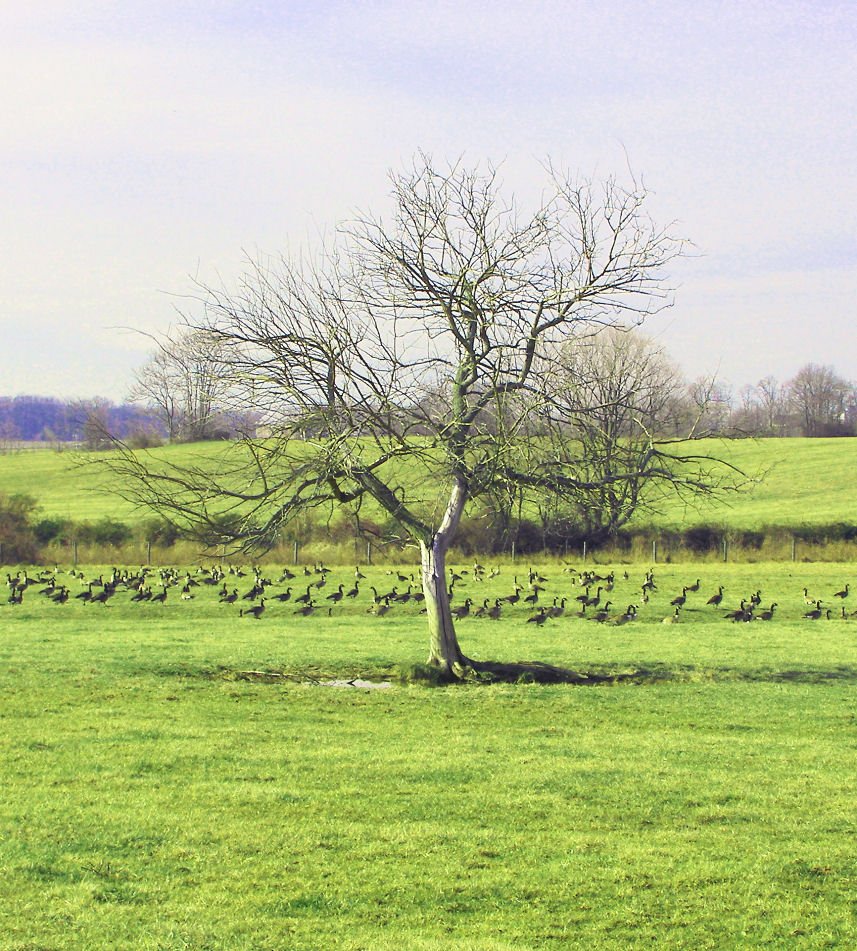
 Summary: Even though some software patents continue to be granted, courts in the U.S. almost always reject these, signaling the end of software patents as a potent tool (unless there's an out-of-court settlement, usually because the defendant is too poor)
Summary: Even though some software patents continue to be granted, courts in the U.S. almost always reject these, signaling the end of software patents as a potent tool (unless there's an out-of-court settlement, usually because the defendant is too poor)
WE have always been focused on software patents. It's a subject we understand, not just from the perspective of software development but also the legal perspective (which we spent over a decade studying).
"Recently, plaintiffs not only wasted money on lawyers (all in vain) but were also forced to cover all the legal fees of the defendant/s."Demand for such litigation has understandably fallen. The 'industry' associated with such litigation suffers profoundly because the number of plaintiffs and defendants is falling. This new article, titled "Cost of Patent Infringement Litigation Falling Sharply," has just mentioned Alice and speaks of "the invalidation of hundreds of software patents for covering ineligible abstract ideas." In reality, by extension, about a hundred thousand patents (or a lot more) may not be invalid; they just haven't been tested in a court (or PTAB for that matter) yet and might never be tested either. Patent holders don't want to risk seeing such invalidations, having spent a fortune pursing these patents as though these were valuable trophies.
Here's more from that article, which focuses also on PTAB (covered a lot this morning):
The PTAB process, known as inter partes review, gives someone accused of infringing a patent another route, in addition to court, for defending themselves by attacking a patent’s validity. With the availability of this less-expensive route, “some of the older knock down and fight to the death litigation is not happening,” Chow said.
[...]
The Supreme Court’s 2014 ruling in Alice Corp. v. CLS Bank Int’l resulted in the invalidation of hundreds of software patents for covering ineligible abstract ideas.
This article is the first of a two-part series on the state of software patents in New Zealand and Australia. We begin by examining the guidelines and current practice of software patentability in New Zealand, and comparing this with other major jurisdictions including Europe and the United States.
In most jurisdictions worldwide there is debate over the extent to which patents should be allowed for computer implemented inventions. This has occurred because patent applications targeted towards computers and computer programs allow inventions, previously considered unpatentable to, arguably, become patentable.
[...]
It is apparent that there are a number of areas in which computer programs remain patentable inventions in New Zealand. However, the Patents Act 2013 has increased the difficulty of obtaining broad protection for some computer implemented technologies. It appears that it will be difficult to use computer program implementations (or computer implemented inventions) to obtain patent protection for ideas which are not tied to a particular apparatus or device(s) that contribute in a patentable field of technology.
The U.S. Court of Appeals for the Federal Circuit affirmed the Patent Trial and Appeal Board's (PTAB) February 2016 decision invalidating all three patents in Audatex's patent infringement lawsuit asserted against Mitchell, agreeing that the Audatex patents are abstract and not inventive.
Audatex sued Mitchell in February 2012, alleging that Mitchell's WorkCenter software infringed three Audatex patents. The Audatex patents detailed a business process for using the internet to process insurance claims including total loss valuations.
Before the PTAB, Mitchell asserted that the Audatex patents simply use well-known technology to generate valuation reports for damaged cars, and are not directed to improving a computer's functionality.
The U.S. Court of Appeals for the Federal Circuit has affirmed a February 2016 ruling by the U.S. Patent Trial and Appeals Board that invalidated all three patents in Audatex North America’s patent-infringement lawsuit against Mitchell International.